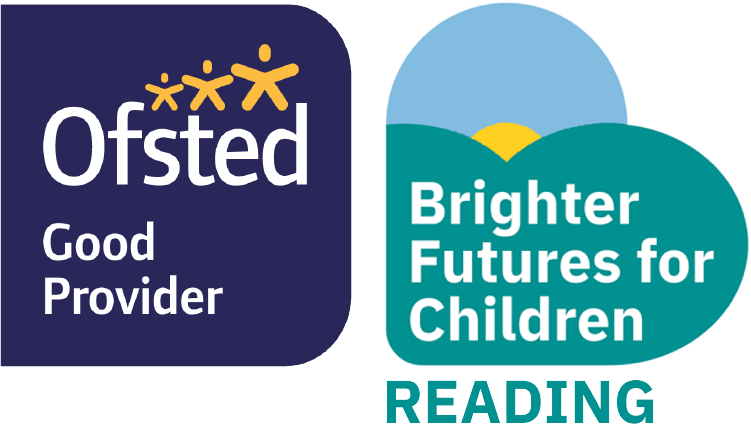My daughter was 13 when we started fostering and it was a joint decision and commitment. We felt there were a lot of children who needed the love and support we could offer. It was something I had always thought I would do one day, when I was married and owned my own house. It was only when a friend explained that I didn’t need to be married or be a homeowner that I applied.
I have done emergency, respite and short-term fostering and am now waiting for a matching process to start for a 15-year-old boy who has lived with me a year to become long-term.
I also have a girl who has been living with me for two years and has just turned 18. Her placement has changed to ‘Staying Put’ which is where she, as a young adult and care leaver, will be supported to stay with me until she is 21. Neither of these young people are British so this has involved me learning more about their cultures and countries of birth.
My life revolves around fostering. Just as when you have your own children, they become your world. I have football runs, meetings at school, health appointments, birthday parties to organise as well as extra meetings to ensure the children’s needs are being met.
Over the years I’ve also learnt more understanding of how trauma, unhealthy relationships, mental health, learning difficulties, and autism can affect children and young people.
They are teenagers. You have the usual friendship dilemmas, grumpiness over homework and messy bedrooms…
These teenagers have had a tough upbringing. Sometimes, you think you’ve made progress and then it feels like you’ve taken two steps back. But there isn’t a quick fix. Helping them learn boundaries and learn how to trust can be challenging. I think the most important thing I’ve learned as a foster carer is patience. You have to remember how far they have come and how far they are continuing to go. They do learn to recognise their own behaviour and understand it.
As with all teenagers, they have some amazing skills and talents and are eager to learn.
You may even be fortunate to witness them mirroring the same patience and understanding as they go on to have their own children. We teach them not only to be happier and more fulfilled children and young people but also how to be better parents themselves.
Fostering isn’t for the faint-hearted. But, just when I think maybe I should take an easier path, one of the teenagers I have looked after will send me a message of an achievement or an acknowledgment that something they learnt in my home has been a massive help to them. And my heart melts and I am reminded it is all worth it!
